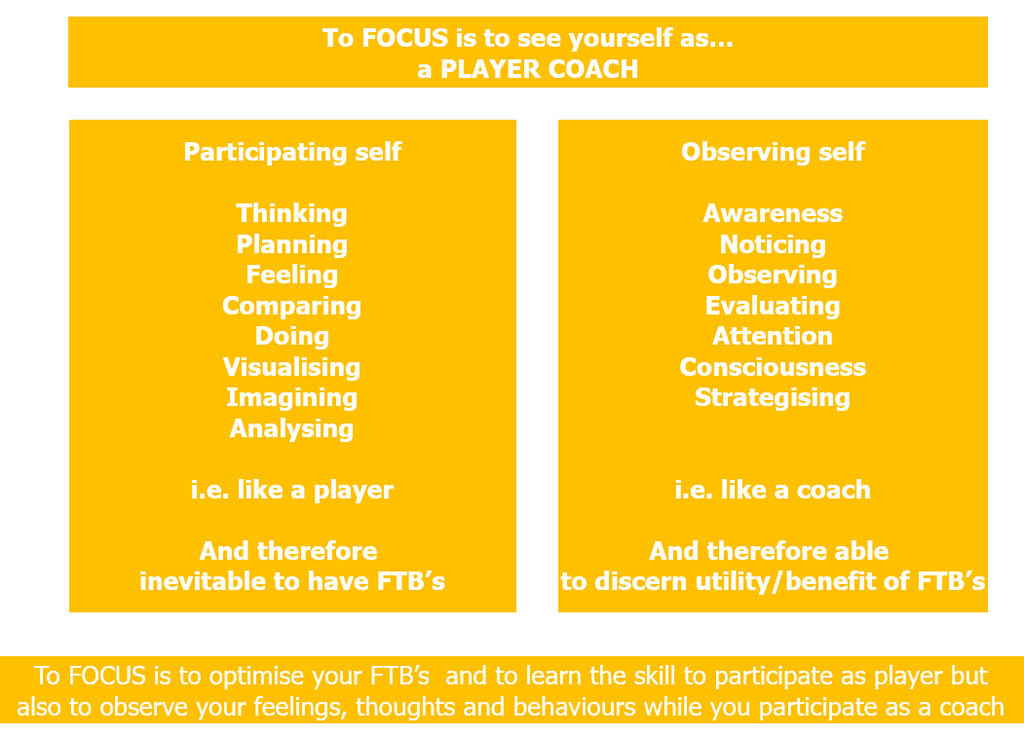We all face stress in our lives, but it depends on our perception of the stressful situation or environment, how we cope with it. Stress occurs when we perceive that demands placed on us, such as work, relationships, health, etc. exceed our abilities to cope. Some stress can be beneficial at times, since it provides the motivation and energy to people to handle the situations such as exams or work deadlines. For optimal performance, a team or person needs some level of stress or tension. The ideal is to stay in the “zone” sufficient stress but not too much. However, if we experience too much stress we FREEZE and performance drops to zero. Moreover, when we remain in the danger zone over a period of time it creates STRAIN. An extreme amount of stress, which lasts over a longer period, can have serious health consequences. It can affect the immune, cardiovascular, neuroendocrine and central nervous systems, and contributes to the development of major diseases and serious health conditions. The development of effective resilience mechanisms can help us to handle stress and prevent many ailments on physical and emotional level. Many times, we cannot change the circumstances, but we can change the way we perceive it and react to it. There are several myths about the proper reaction to stress:
- I must feel positive about going to work all the time i.e. it is the natural state to feel good about being there and you are not supposed to feel worried/concerned/nervous, etc.
- If I do not feel positive all the time, something is wrong with me.
- Must get rid of negative thoughts and uncomfortable feelings (e.g. feel more positive).
- I should be able to control feelings and thoughts (e.g. pull yourself together, snap out of it, and get a grip).
However, by finding positive, healthy ways to manage stress as it occurs, many of these negative health consequences can be reduced. Practically speaking, there are a few ways to do this. First, identify your Feelings (emotions), Thoughts (cognitions) and Behaviors (experiences) that have occurred. Simply name the feeling you are feeling, thought that you are thinking and behaviors and recognize that you need a reset. These Feelings (F), Thoughts (T) and Behaviors (B) influence the way we play, interact, work, prepare, anticipate and approach meetings, etc. i.e. they influence EVERYTHING we do. FTBs cause stress/strain. These FTSs are always there, but are they helpful or not to get us in our optimal stress zone.
Health psychologist Kelly McGonigal in her TED Talk “How to make stress your friend”, urges us to change our thoughts about the stress and create biology of courage – creating resilience and consequently minimize its negative consequences.
Hence, he we need to:
- Recognize our FTB’s,
- Shape FTB’s to serve our values/goals,
- Accept FTB’s as potentially helpful,
- Visualize FTB’s to help us and apply FTB’s for our purposes.
In short, use them to optimize stress levels.
Before we can make FBT’s work for us, we have to see ourselves as player coaches of our own FTB’s. To FOCUS is to optimize our FTB’s and to learn the skill to participate as player but also to observe our feelings, thoughts and behaviors while we participate as a coach.

In the next webletter we will provide you with concrete advice on how to make FTB’s helpful and utilize them for optimal stress levels.
Summarized from the lecture of Prof. Drikus Kriek at IEDC-Bled School of Management.